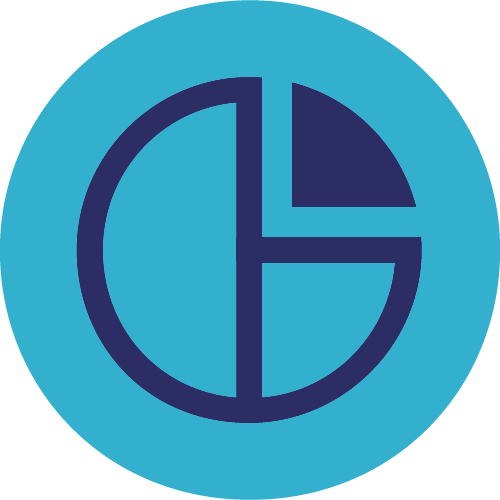Data in Action: The LifeWorks Story
As part of the Good Measure network, nonprofit organizations in Central Texas are using data to evaluate their own program and to improve outcomes – all towards a larger goal to make a bigger difference in the lives of more people. But how are they doing it? This is the data story of LifeWorks, an organization that aims to help young people find a pathway to self-sufficiency, especially those who have experienced the trauma of homelessness, abuse, or addiction. We spoke with executive director Susan McDowell: Too often, data and evaluation can be regarded as a way to “show what we are doing works.” This “proof of concept” approach misses the real power of data, which is to continually and objectively learn from our clients about their needs and their experiences in programming and to utilize these insights to improve the way we work and increase the impact of that work.Before we embarked on a data journey, we struggled to obtain the granular data we need to continually plan and improve services – we were only reporting out on “what worked.” Most often, our service providers had access to population-level data, like the percentage of youth in foster care who graduate from college. This helps us uncover challenges to address but provides little insight into how to develop a solution. As a result, we found ourselves working towards providing interventions that had only been decided upon by intuition and not data.We identified and collected the data we really needed to help develop and/or align with solutions that would be most appropriate and have the greatest impact. For example, data helped the team develop a highly specific understanding of our population that revealed – counter to both their own intuition and trends in public workforce programming – that youth would be better served by an evidence-based behavioral health model rather than a traditional youth development workforce model. The resulting change has dramatically improved workforce results for their clients. Nearly half of LifeWorks’ employed clients retained their job for 180 days in 2018 as compared to 24% job retention in 2017. LifeWorks Employment Specialists made 244 employer relationships in 2018 because of increased efficiency, as compared to 85 new relationships in 2017.The biggest challenge we faced was the degree of organizational change that was needed as a result of our data journey. We had to transition from a scrappy, “do-what-it-takes” service organization to an organization that also has structured protocols in place for data collection and evaluation. Our transformation to an organization that is increasingly focused on alignment with evidence-based practices has been both energizing and overwhelming at times. What helped us through? We worked internally to be as transparent as possible in the process, supportive of change, and intentional about knowing and articulating “who we are” as an organization to keep focused on what we wanted to achieve. Most importantly, structuring and articulating every step of the journey in terms of the value and voice it creates for clients centers the focus of the organization and cuts through potential conflict.Since we started our data journey, we have been asked to share our lessons learned with other organizations and funders. Here’s what we know: Our journey started by asking what fundamental problem we were trying to solve. It is important to ask that first question and then shape your journey around the scope and complexity that is appropriate for your organization.The most important step in your organization’s data journey is the first one – start with curiosity and an ongoing commitment to achieving the greatest impact possible.Coming Soon: Failing Forward: On the Road to Social Impact, a documentary about how LifeWorks identified a programmatic failure, and made a bold, disruptive change that resulted in better outcomes for the young, vulnerable people they serve. At the heart of the film is the interdependent dynamic between a nonprofit, its board members, funders and community stakeholders, which is critical to fostering a culture of learning. Learn more here: https://www.austinfilm.org/sponsored/social-impact/


